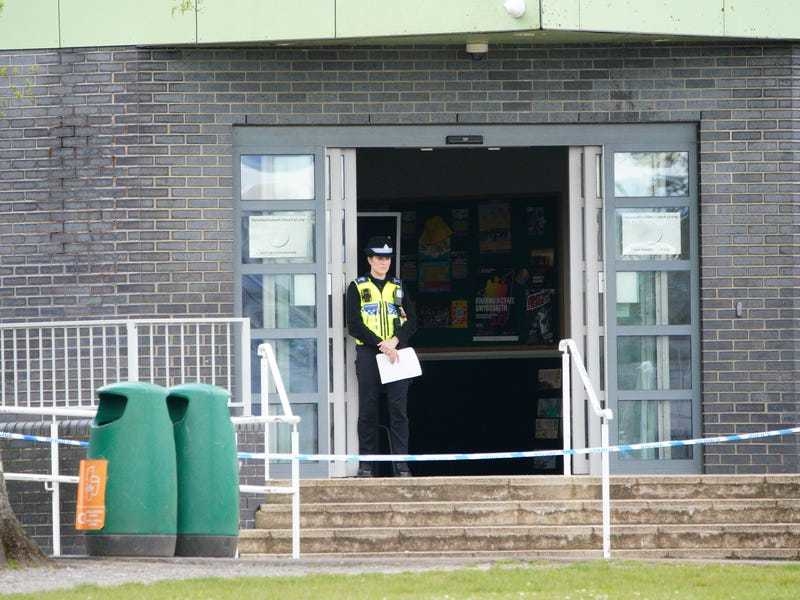Health officials are urging Islanders to take up the offer of immunisation against the virus as they say high levels of flu in Australia may be ‘predictive’ of the number of cases which will be experienced in the northern hemisphere.
More than 98,000 cases of flu have been reported in Australia this season with scores of deaths, including an eight-year-old girl last week.
Ahead of the Island’s flu season the Health Department is due to roll out three new vaccination initiatives from the start of October with a key focus on vaccinating young children, who can act as ‘super spreaders’ of the virus.
Dr Linda Diggle, head of preventive programmes, said that children aged five and below are two to three times more likely to contract the virus than adults and once infected can remain contagious for longer.
Under the programme, a free nasal flu vaccine will now be offered to all primary school children – which last year was only offered to children aged four to eight.
And children aged between two and four can now get the free vaccine in their nurseries, as well as at their GP.
Islanders who are at high risk of contracting the illness – the over-65s, pregnant women and people with long-term illnesses – will now be able to have the vaccine at their pharmacy, as well as their GP, for a charge of £10. Previously, the vaccine could only be administered by a GP.
Dr Diggle said: ‘We won’t know what the dominant strain of flu is until the first cases of it are admitted and whilst not entirely definitive, this recent [Australian] outbreak could be predictive of what could happen in the northern hemisphere.’
Dr Diggle said that the Health Department has yet to set a target for the number of vaccinations this season but said she hoped it would be an increase on last season’s uptake.
According to the latest figures available, the influenza rates for the 2015/16 season were 25% in pre-school children aged two to four years, 28% for pregnant women and 26% of Islanders aged beteen 16 and 64 who are classed as at clinical risk.
Dr Diggle added that the majority of healthy people should not panic. Symptoms of flu in a healthy person include a high temperature (usually 38°C or higher), tiredness, weakness, general aches and pains and a dry, chesty cough. She added that people ‘usually feel better after about a week’ and are advised to stay at home, take paracetamol, drink plenty of water and, if the symptoms get worse, to contact their GP.
Dr Nigel Minihane, chairman of the Primary Care Body, which represents the Island’s GPs, said: ‘Persuading the general population of the importance of the jab this year is very important.’






